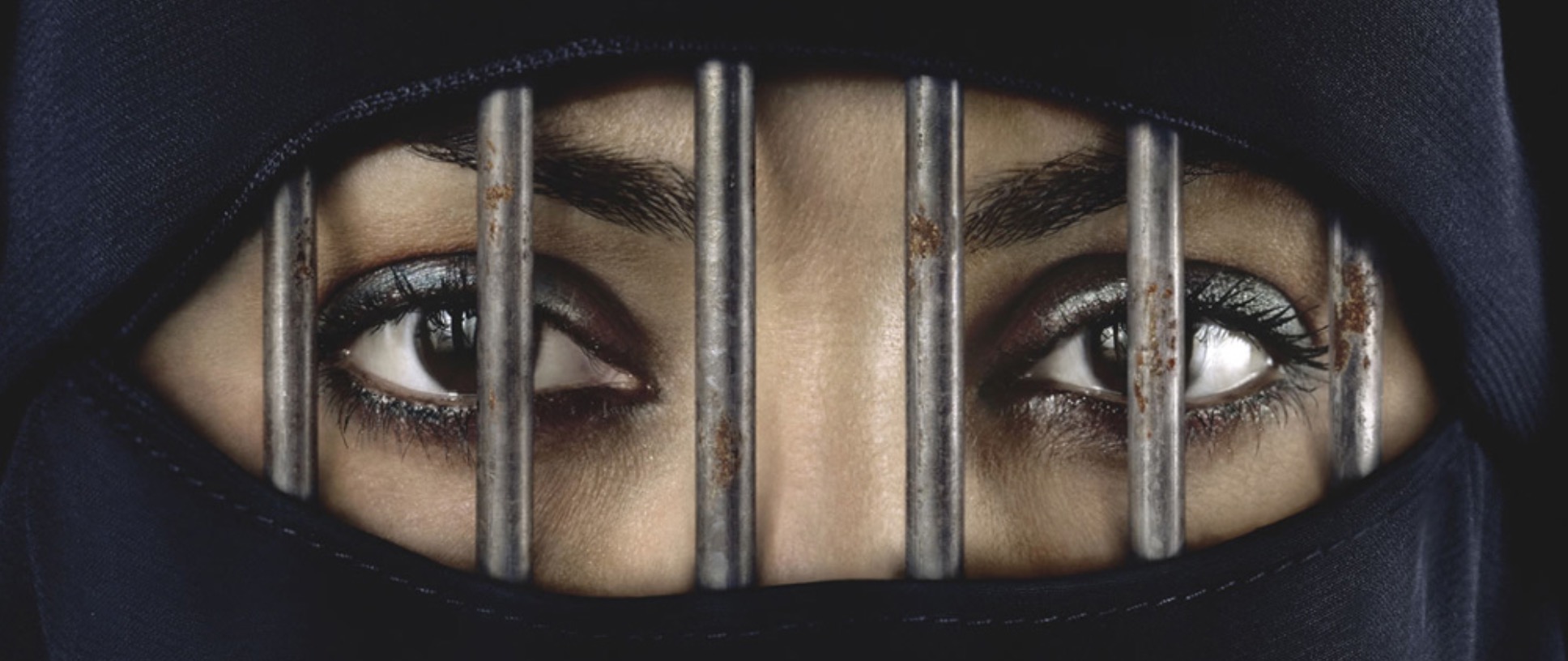Banning the burka: No, but
Opinion of the Freidenker Association
(passed by the Delegate Conference on 29. May 2011 in Olten)
Human rights are are universally valid and have precedence. They provide a path for solving religion-specific challenges. Gender equality, diversity and tolerance are secular values that serve as a basis for defining religious freedom against human rights and peaceful co-existence. Burkas and similar facial veils have the potential of suppressing women. If chosen by the wearer, they are a sign of deliberate non-integration. An enlightened society must not allow itself to be provoked into a prohibitionary response but it must neither tolerate suppression. The Freidenker Association speaks out against the burka but at the same time against a general ban on the burka.
Comment. The discussion around the ban on the burka in Switzerland deals less with the issue of banning a specific item of clothing but more with a conflict between a modern state being the supreme law-making authority, and religious practices that contradict its constitution and secular values. Switzerland defines itself through achievements such as human rights, rule of law, democracy and education. During the course of history, these values were translated and integrated into law through broad democratic consent. It is for this reason that an overwhelming majority of citizens can identify themselves with Switzerland, regardless of confession or gender. Additional secular values such as gender equality or diversity are substantiated in the constitution by means of the right to freedom, by the law on equal rights and by the ban on discrimination. The burka goes against equal rights and has a discriminating effect from a human rights point of view.
The constitution has priority over tradition
The more ancient tradition of religions compared to modern states bears no weight when balancing basic rights. Every philosophy of life - whether political or religious - for which man acquires meaning only through differentiations such as man/women, religious conviction, citizen/foreigner and much more, runs the risk of violating secular values, in particular human rights, and it creates the preconditions for marginalisation and violence. The secular state has a duty to protect all its citizens against marginalisation. It achieves this through the constitution and laws that have precedence over ideologies. Switzerland owes itself a critical attitude towards the ongoing violations of the legalised privileges granted to religious communities in the areas of taxation, education and social support and it has a duty to ensure that knowledge about human rights, children's rights and the constitution become a key point in education. Accepting these considerations would free the path for adopting sustainable secular measures that would lead us towards a modern Switzerland that is better equipped to face today's challenges.

